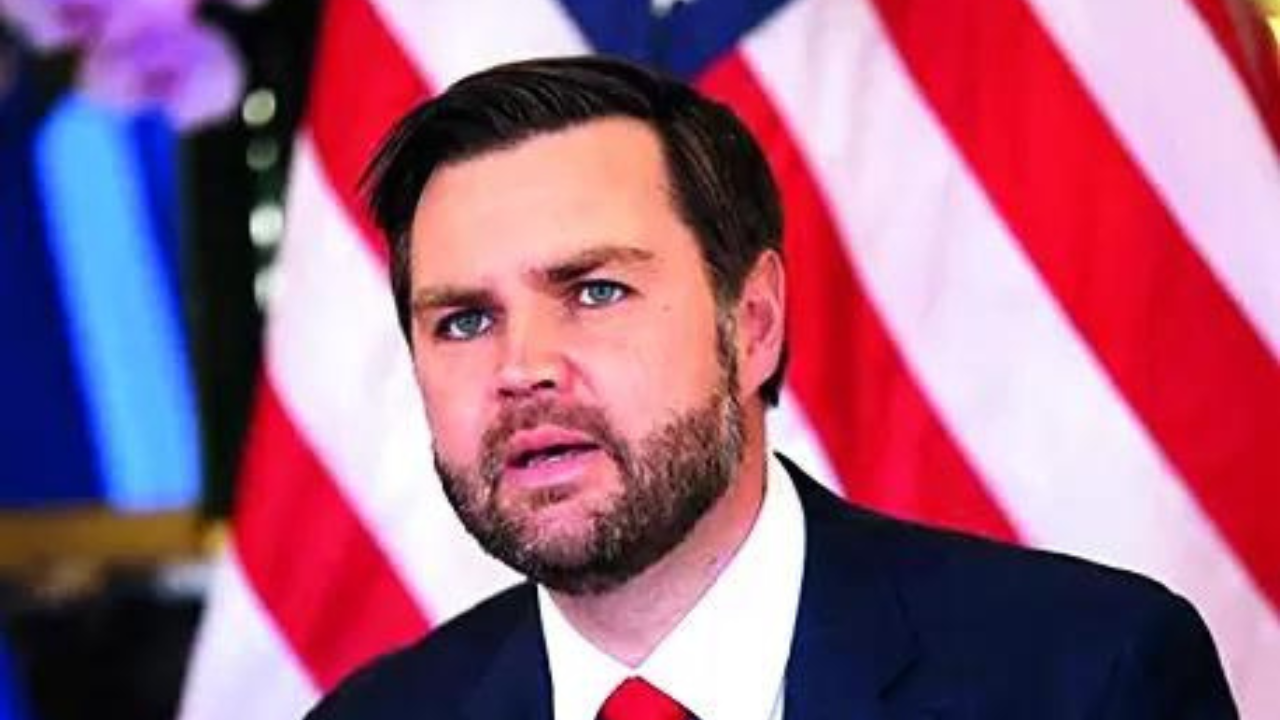ARTICLE AD
468x60 AD AFTER 4 POSTS
Bethany Bell
BBC News
Reporting fromVienna
Austria's far-right populist Freedom Party says it has ended its attempts to form a coalition government with the conservative People's Party, ÖVP.
The announcement follows several weeks of heated negotiations and marks the second time coalition talks have failed since September's election.
The ÖVP first attempted to form a three-party coalition with the Social Democrats and the liberal NEOS, then a two-party coalition with the Social Democrats - but both efforts collapsed.
With the Freedom Party unable to form a government, Austria is now in an unclear political situation.
The leader of the Freedom Party Herbert Kickl blamed the ÖVP for the collapse, which he said was due to disagreements about minister posts.
He told President Alexander Van der Bellen that he was giving up the mandate to form what would have been Austria's first far-right-led government since the FPO was founded by former Nazis in the 1950s.
The Russia-friendly Eurosceptic Freedom Party made history in September's general election when it topped the polls for the first time with 28.8 per cent of the vote, narrowly beating Chancellor Karl Nehammer's ÖVP, which got 26.3 per cent.
Despite this, in October, President Van der Bellen first gave Nehammer the mandate to form a government. However, those negotiations collapsed in early January, leading Nehammer to resign and paving the way for interim Chancellor Alexander Schallenberg.
On January 6, Van der Bellen gave Kickl the mandate to form a government after other parties' efforts to create a coalition without the Freedom Party failed.
Coalition negotiations in Austria usually remain secret, until a decision is reached. But over recent days, both parties issued statements about their demands, suggesting that the talks were in trouble.
The Freedom Party wanted both the powerful finance ministry and the interior ministry, which was a major obstacle for the ÖVP. For its part, the ÖVP wanted confirmation of "the absence of Russian influence in Austria," and Vienna remaining "a reliable partner to the European Union".
Kickl said on Wednesday that he was giving up the mandate, writing in a statement that he did "not take this step without regret".
He continued: "The ÖVP insisted on clarifying the allocation of portfolios at the beginning of February. Although we made concessions to the ÖVP on many points in the subsequent talks, the negotiations were ultimately unsuccessful, much to our regret."
The General Secretary of the ÖVP, Alexander Pröll said the talks had failed because Mr Kickl was on a "power trip" and had refused to compromise.
"Herbert Kickl himself was hardly involved in the government negotiations. In 5 weeks, Kickl sat at the negotiating table for a total of 7 hours," he said.
"He did not fulfil his mandate to form… a centre-right government. Instead, he insisted on all his demands, developed fantasies of total power and ended the talks."
The political analyst Thomas Hofer told the BBC that there was "no base of trust" between the two parties.
"Kickl tried to adopt Trump's playbook of 'promises kept' but that's hard in a coalition environment.
"The ÖVP decided in the end that losing the two major ministries with a Chancellor Kickl who can't be controlled, and no base of trust was too risky," he said.
The ÖVP was the only party that was willing to negotiate with the Freedom Party.
Austria's President Alexander Van der Bellen says his country now has four options after the collapse of the coalition talks.
He said these were new elections, a minority government, a government of experts or another attempt to form a government by the parliamentary parties.
He said he would hold talks with the political parties in Austria over the next few days to see which option was realistic.
"Liberal democracy lives from compromise," he said.

 3 hours ago
2
3 hours ago
2








 Bengali (BD) ·
Bengali (BD) ·  English (US) ·
English (US) ·